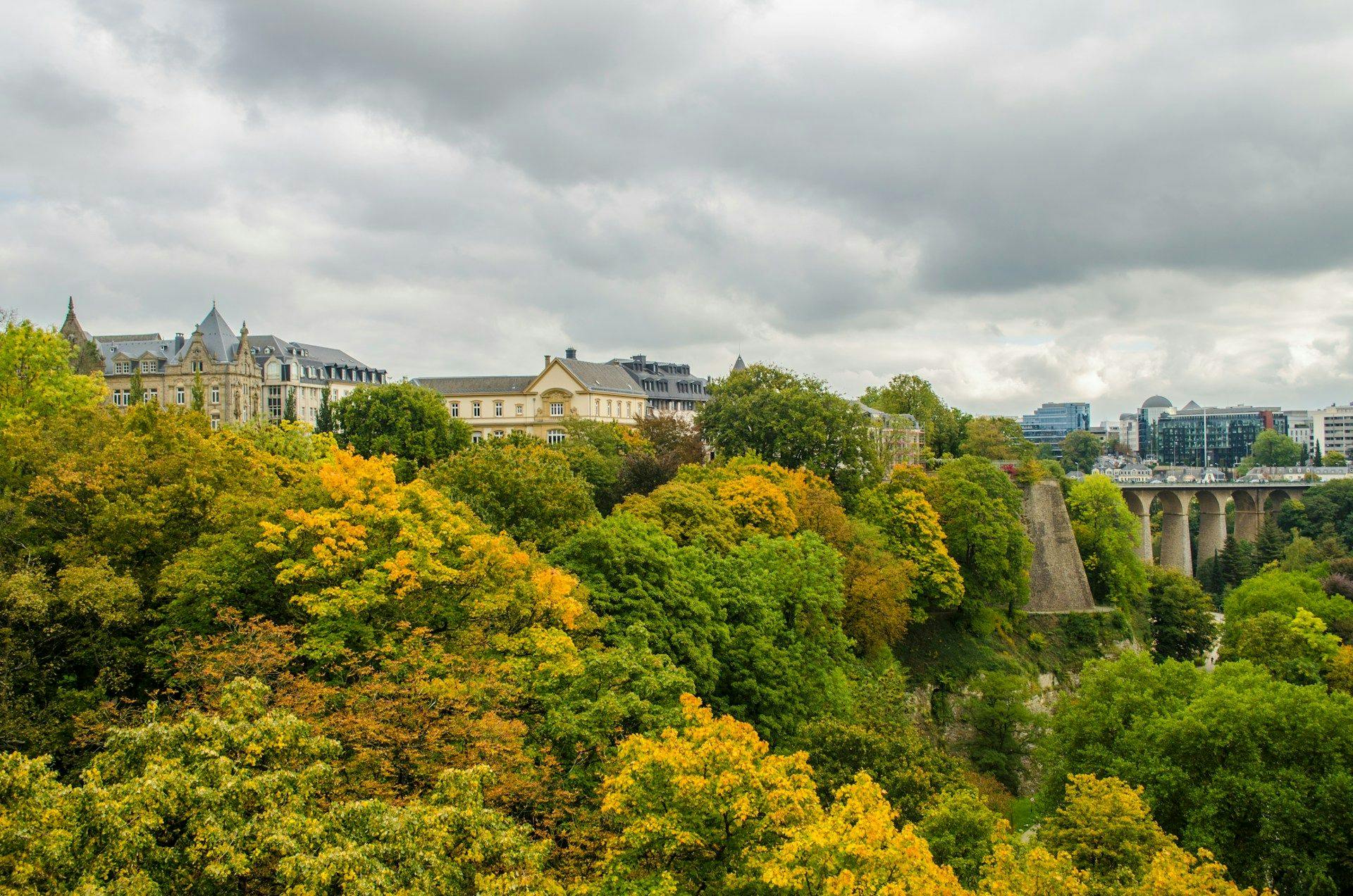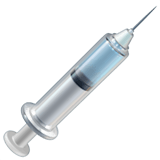
How to move to Luxembourg for private reasons
In this guide, we take a closer look at the conditions you need to fulfill and how to move to Luxembourg for private reasons (as a financially independent person).
The residence permit in Luxembourg for the financially independent is called "for private reasons". Only citizens of "third countries" can obtain it, i.e. everyone except EU citizens and citizens of Iceland, Liechtenstein, Norway and Switzerland. This permit implies that the applicant earns income from professional activities in the EU or Schengen area and not in Luxembourg.
During the planning phase
Three categories of third-country nationals are generally eligible for residence in Luxembourg on private reasons:
To move to Luxembourg and obtain a residence permit for private reasons, you must meet three basic requirements:
Third-country nationality
Sufficient financial resources confirmation
No criminal records
There may be unique situations where it is necessary to obtain a residence permit for private reasons. In this case, you can contact the Luxembourg General Department of immigration of Immigration directly.
Before entering Luxembourg
Those wishing to move for private reasons must provide proof of suitable accommodation in Luxembourg when applying for a visa. This requires either renting or buying an apartment, as the proof is a rental contract or a document confirming the rights of the owner.
Finding and renting an apartment in the Grand Duchy is an important issue for every expat. Choosing the commune, city, neighborhood, calculating the budget, signing the contract and many other important nuances are described in detail in a separate guide that we offer you to study.
If you are interested in buying a home, read a special article on how to become a legal homeowner.
These documents are required in order to obtain the necessary temporary residence permit and entry visa. We give a basic list of documents, but each case is considered individually and the Luxembourg MFA may require something additional at its discretion.



Court-sworn translator Vera Steinhagen in Luxtoday interview
It is important to note that for some categories of persons entering for private reasons, in addition to the documents listed above, other mandatory documents may be required.
Third-country nationals in retirement who are able to live on their own must provide proof of this. To do so, they must present an official document showing the monthly amount of the old-age, disability or survivor's pension paid by the social security institution in Luxembourg or in another member state of the European Union or the Schengen area. This document can be an official certificate or a pension card. However, it should be noted that the financial resources are assessed in relation to the monthly minimum wage of unskilled workers. In other words, the pension income should be comparable to 2571 euros per month.
In the case of an unregistered partnership, you will need:
- Proof of stable, long-term and strong personal or family ties with a person legally residing in Luxembourg. For example, a certificate of household composition from the applicant's country of origin or other documentary evidence.
- Confirmation from both partners that they are not related to each other by marriage, partnership or long-term relationship. This may be a statement of marital status, family register entry, certificate of celibacy, certificate of family composition, and certificate of residence issued by the applicant's country of origin;
- Proof of sufficient financial resources, which may take the form of a financial statement from a guarantor resident in Luxembourg. The amount of financial resources will be assessed on the basis of the minimum wage for unskilled workers in Luxembourg and must be equal to that minimum wage.
To obtain a temporary residence permit, you must submit an application for a temporary residence permit with a complete set of documents to the Immigration Office of the Ministry of Foreign Affairs or to a diplomatic representative. It is important to fill everything in correctly and to submit all documents at once, otherwise they will be returned to the applicant.
If the documents are not in French, German or English, they must be accompanied by a certified translation into one of these languages.
*This is a package for financially independent third-country nationals moving for private reasons. If you are moving as a spouse or retired person, please read the explanation of the set of documents in the previous step.
What you must to do:
- Fill out the temporary residence permit application correctly.
- Collect the entire package of documents with translations to submit with the application.
- Submit the package of documents to the Immigration Office of the Ministry of Foreign Affairs in Luxembourg or to a diplomatic representative.
- Wait for a decision: The Authorization to Stay (this is another name for the temporary residence permit) will arrive in the mail.
If no response is received within 3 months, the application is denied.
This requirement applies to those third-country nationals who are subject to visa requirements; the rest may enter Luxembourg without a visa (but still require a residence permit). Thus, citizens who require a visa must apply for a D visa to enter the country after obtaining a temporary permit.


What you need to do:
- Make sure that your passport has at least 2 free pages for visas and check when your passport expires
- Receive a temporary residence permit
- Collect documents to apply for a D visa
- Submit the collected visa application package in duplicate to the Immigration Department of the Luxembourg Ministry of Foreign Affairs or to a diplomatic representative
- Meet the application deadline: It is important to do this within 90 days of the date you receive your temporary residence permit
- Wait for D visa approval: A visa valid for a maximum of 3 months will be stamped in the passport
After entering Luxembourg
You must go in person to the municipality where you want to live with a package of documents and stand in the electronic queue.
The municipality will give you two documents: your social security number and a copy of your declaration of arrival. The copy, together with temporary residence permit, will be considered a right of residence until the residence permit is issued.
Read article
Once registered in the municipality, all third-country nationals must pass a medical examination as soon as possible.
The medical examination consists of two parts:


Once all the tests have been carried out, the medical service sends a certificate to the immigration service confirming that the health requirements for a residence permit in Luxembourg have been met.
This is the last step of your legalization in Luxembourg. The hard part is over, all that remains is to collect the documents, pay the state tax and receive your residence permit.


The complete set of documents is sent to the Immigration Department of the Ministry of Foreign Affairs of Luxembourg no later than 3 months after arrival in the country.
Applications should be sent to the Ministry of Foreign and European Affairs Directorate of Immigration - Foreign National’s Service PO 752 L-2017 Luxembourg.
Residence permit applications can be submitted online at MyGuichet.lu (with or without authentication) or by mail using a special application form.
Once the application is approved, the applicant must come in person to have his/her photograph and fingerprints taken. After a few days, an identification card with all biometric data will be ready, which can only be picked up in person and by appointment.
❗️ A residence permit for private reasons contains information on the right to work. Its maximum validity is 3 years.
Frequently Asked Questions (FAQ)
What does a residence permit for the financially independent in Luxembourg give?
The right to stay in Luxembourg, visa-free travel within the EU and Schengen countries, access to free education, national health system.
What conditions must be met to obtain a Luxembourg residence permit for private reasons?
It is necessary to be a third-country national and to be able to support yourself with "own resources". These resources can only come from: a professional activity carried out in another EU or Schengen member state or can be obtained as a pension.
How long is a residence permit for private reasons valid in Luxembourg?
A residence permit for private reasons (independent personal finances) is valid for a maximum of 3 years from the date of issue.
Source: guichet.public.lu, guichet.public.lu, www.lexgo.lu
We took photos from these sources: Nazim Coskun, Unsplash